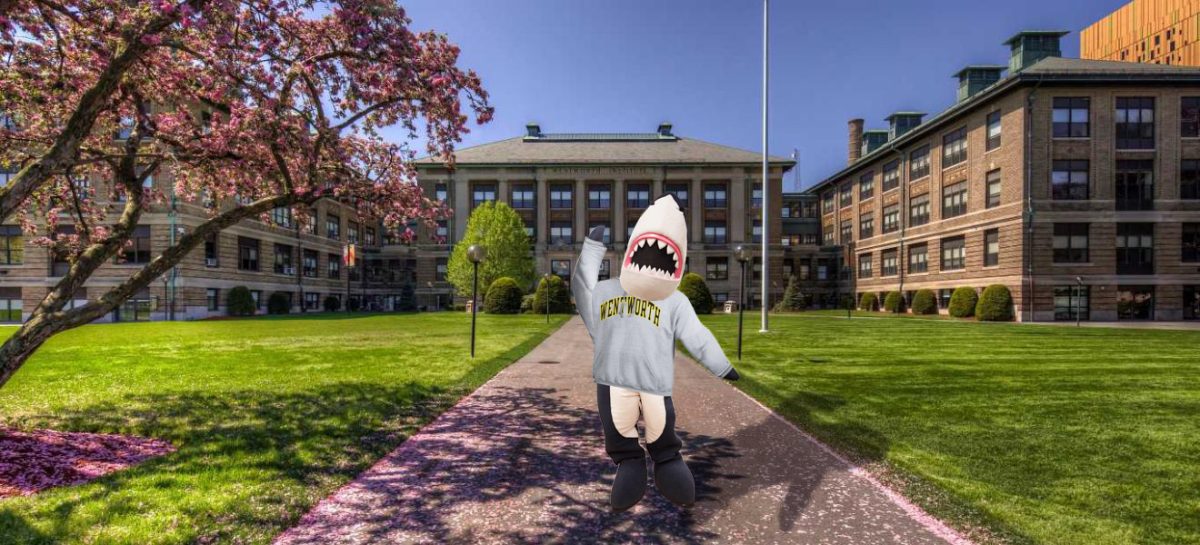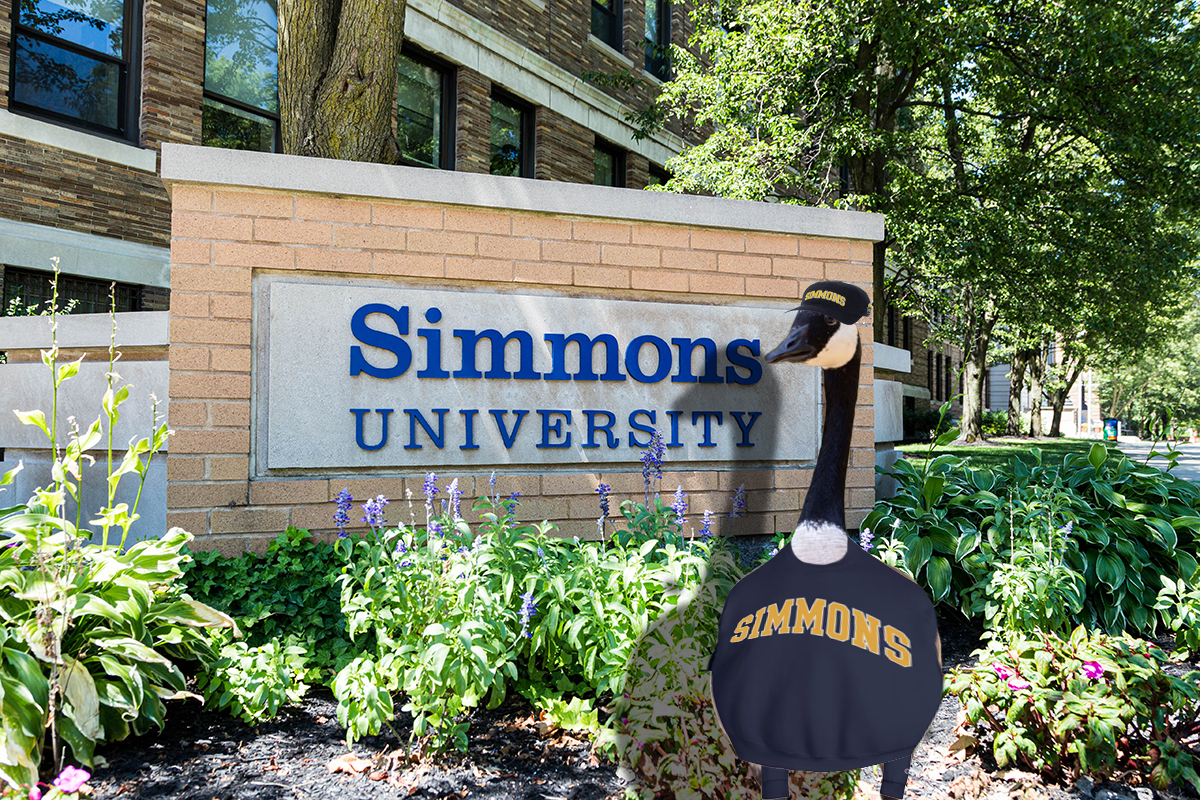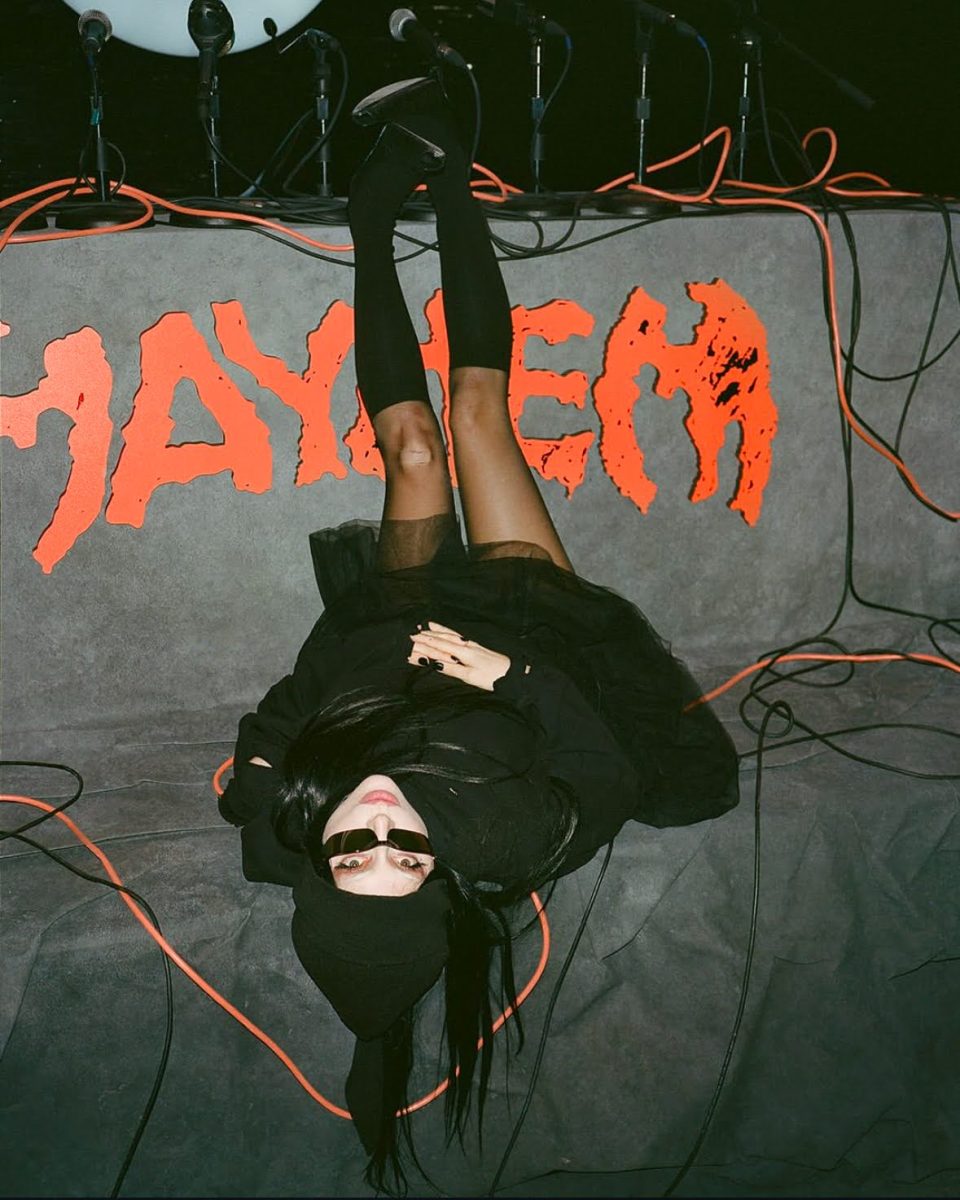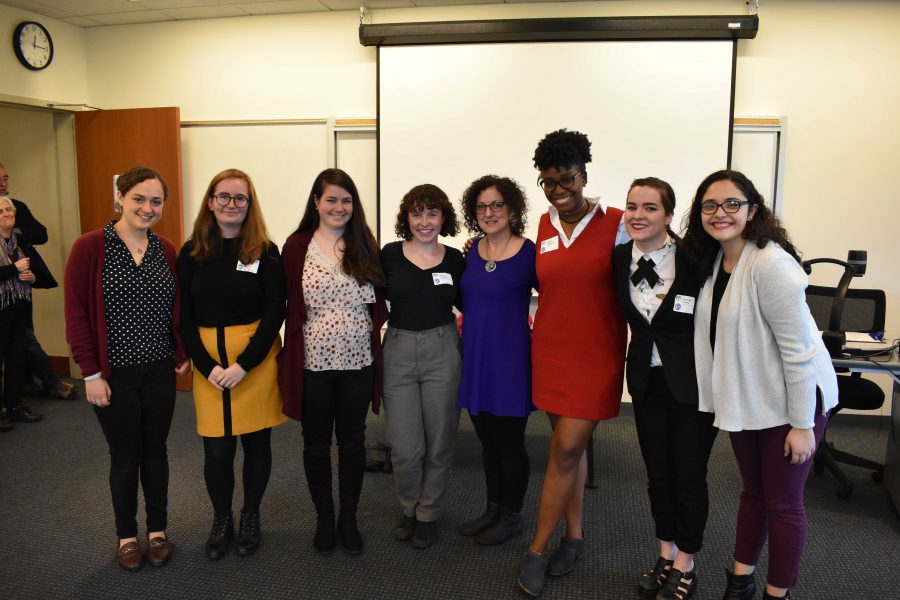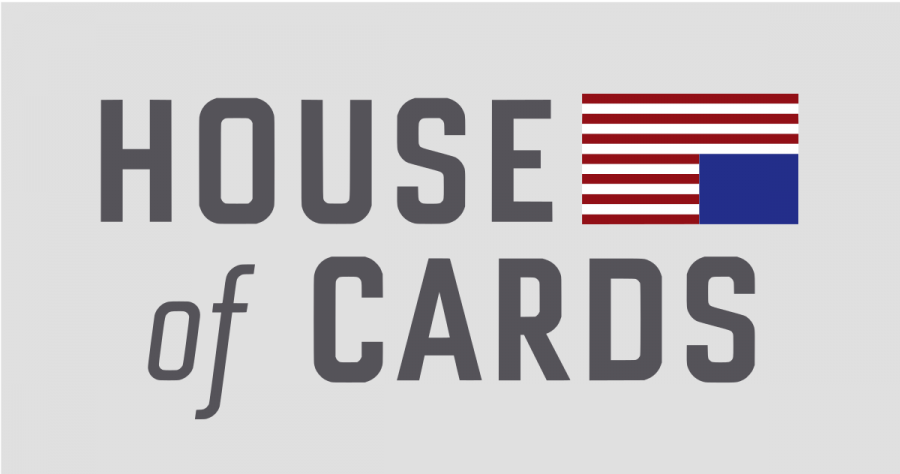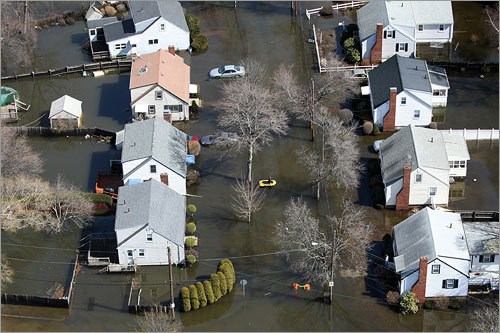By Valarie Frost
Contributing Writer
It was a gorgeous sunny day; the church juxtaposed the modern skyscraper that towered above an abundance of white tents, live music and people of all circumstances. The Boston Book Festival was organized for people to circulate around the stands, starting from the exit of Copley Station. The tents were set up on both sides, creating a pathway, inviting the public to explore whichever presses and small companies piqued their interests.
Near the entrance of Copley Square and the center of the block were bookstores and the event host. Some were selling products and selling well-priced books (if you had the time to shelf search). The rest of the booths were informational enterprises like small literary presses or spiritual collections, and, even Simmons was there talking about our children’s literature graduate program. Graduate programs and performance art universities also took advantage of the event and had tables set up. There was even a large-scale schedule of all the talks and events happening throughout the day. Most of the other organizations there were to promote specific series or literary journals along with information on submitting pieces for publication or writing contests.
It was uncomfortable at first because I hadn’t heard of many of the companies, but after I got accustomed to the atmosphere (tents offering free events, bookmarks, stickers, pens, literary catalogs and information about nearby opportunities and facilities to check out), the festival became an adventure. The people who were staffing were very friendly and helpful as well. On the stage in the epicenter of the square, Berklee students performed live while a large group danced with signs promoting positive self-esteem. And Dunkin Donuts had a booth with a prize wheel, giving out miniature coffee samples.
I wasn’t sure what to expect. If it was going to be a giant book store or something akin to a book fair. Maybe that’s why it was uncomfortable at first.
Publishers and committed members of these organizations alike knew what they were looking for and accommodated the masses in search of appeal. Overall it was organized, although crowded, and provided outlets to services and opportunities in Boston I wouldn’t have otherwise known.










